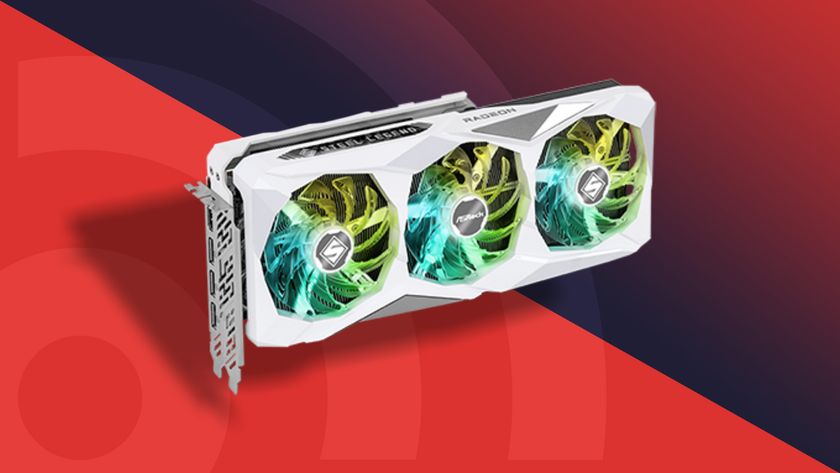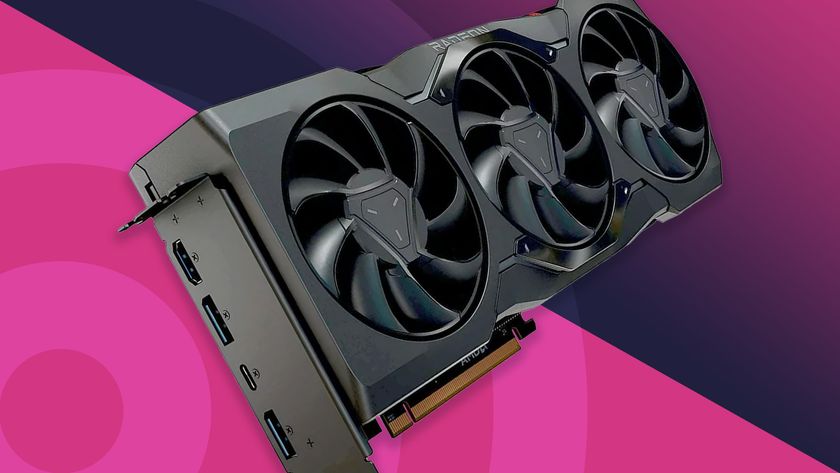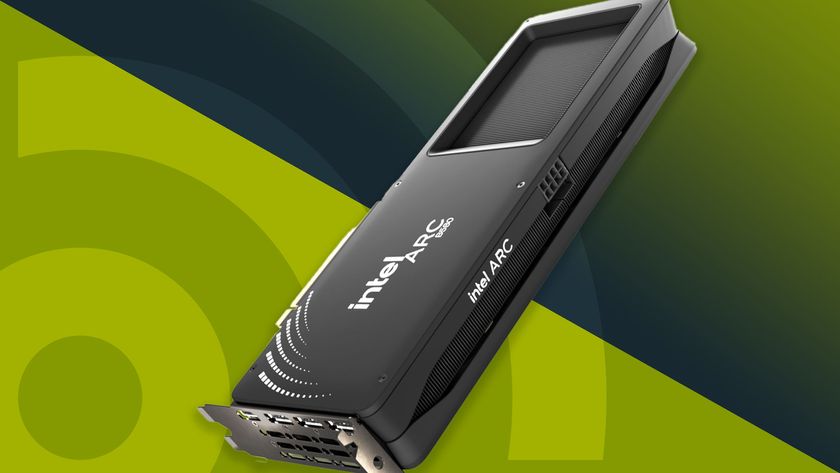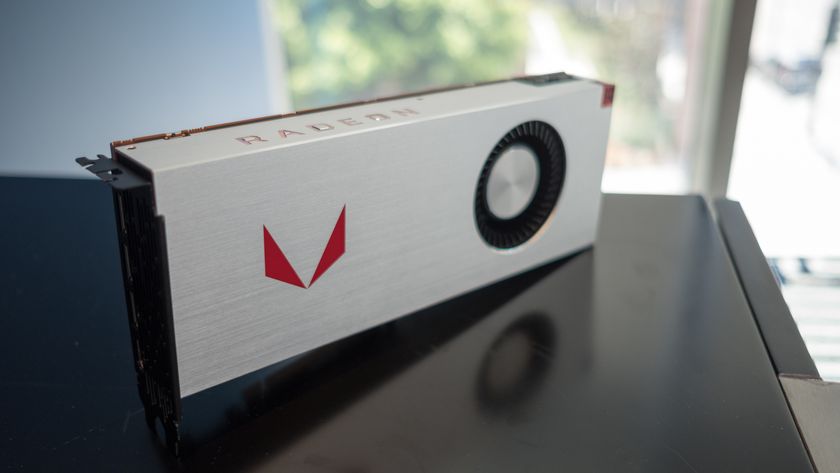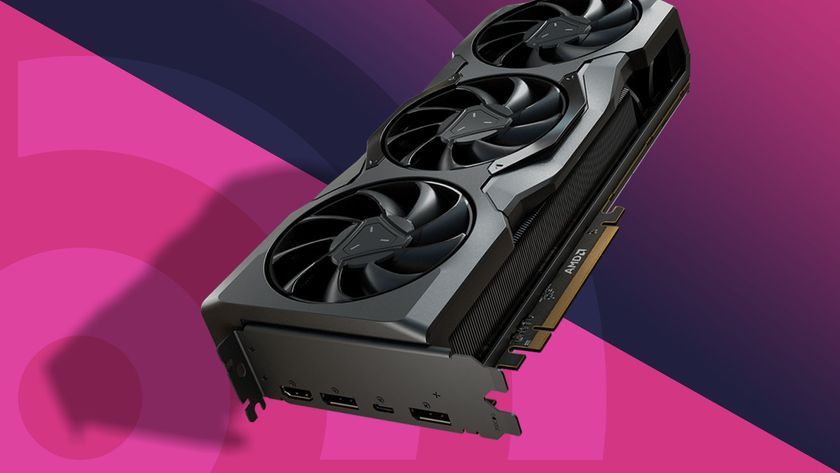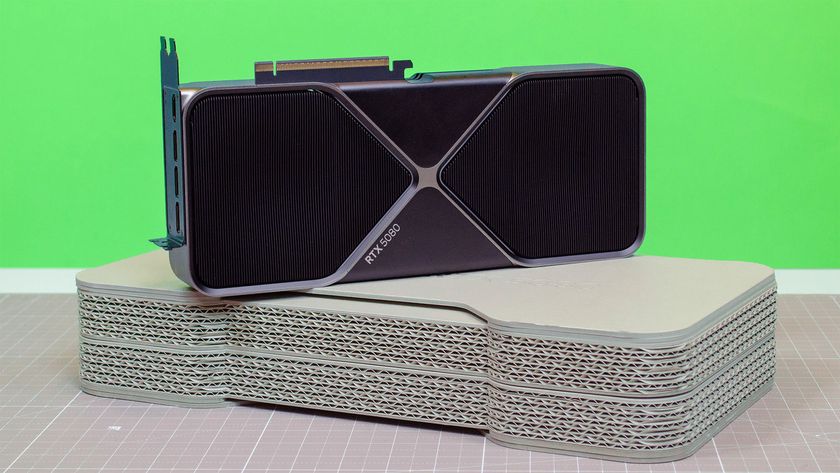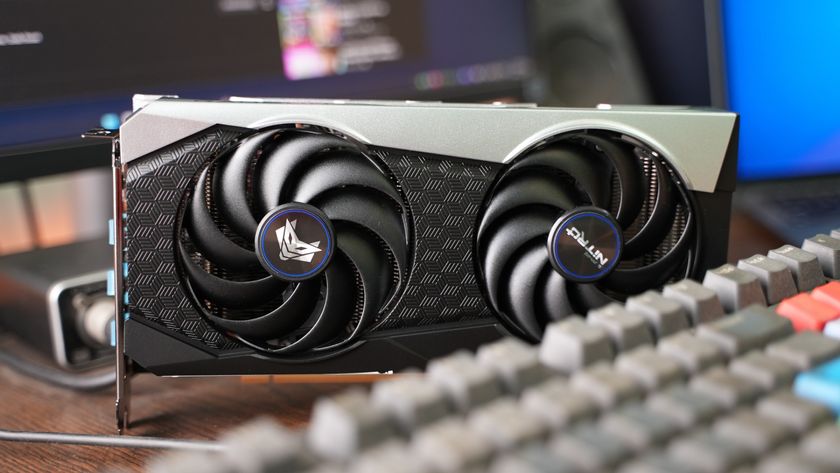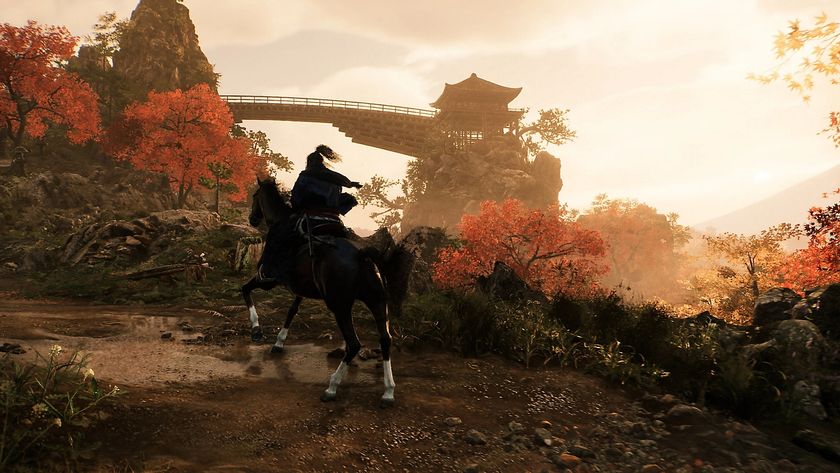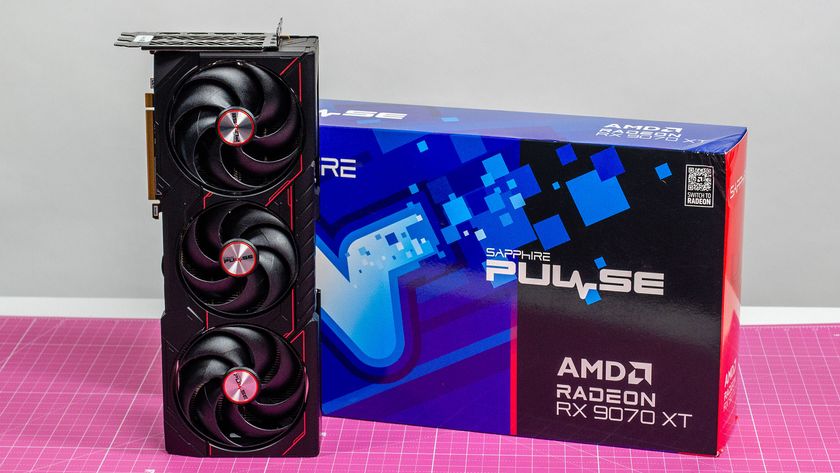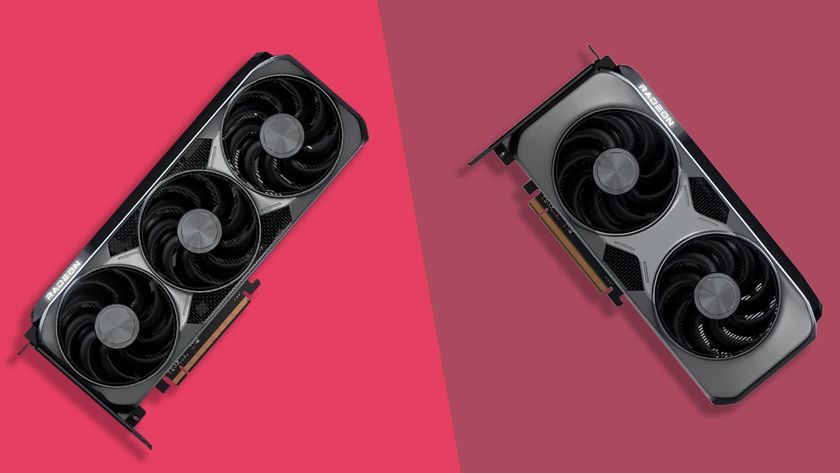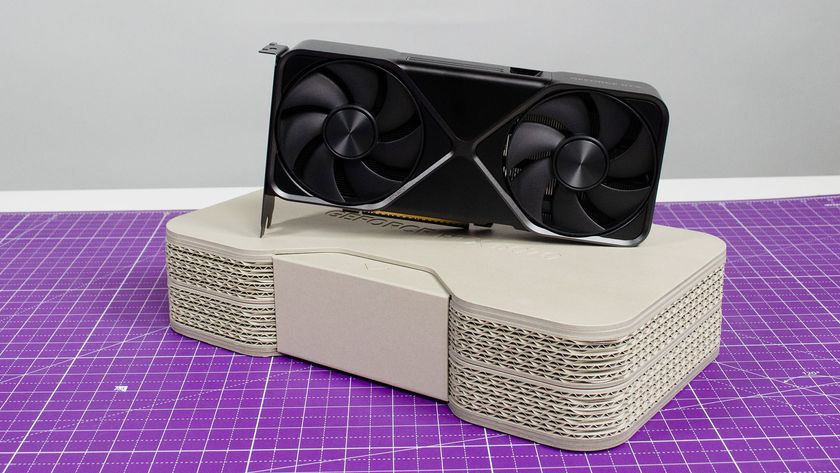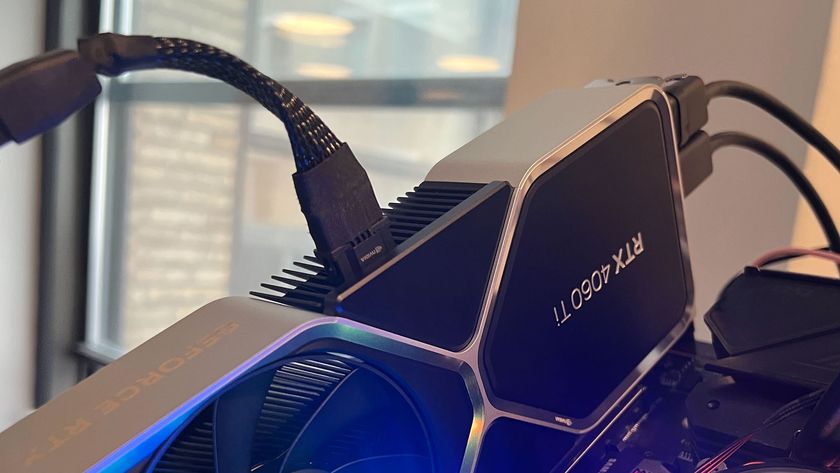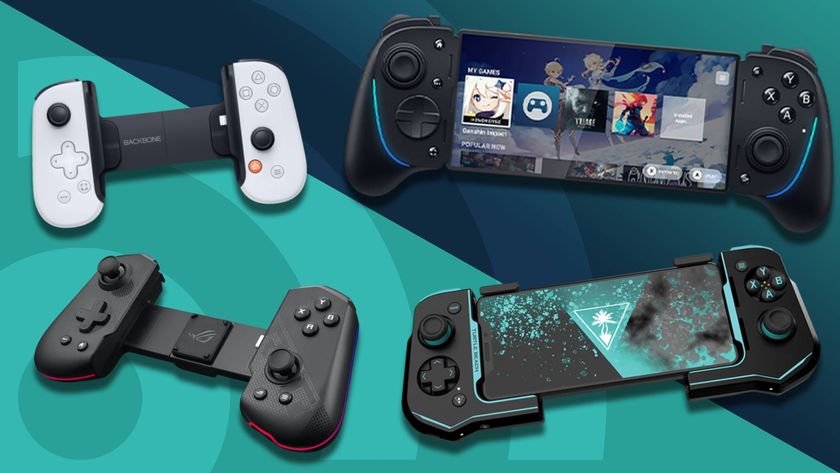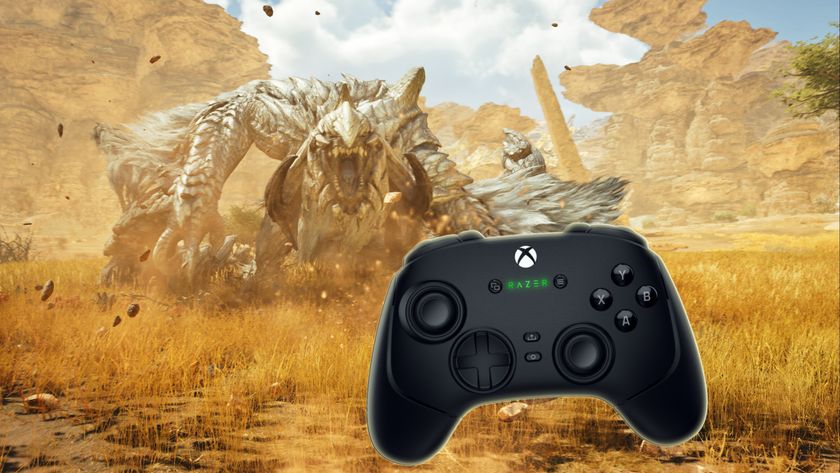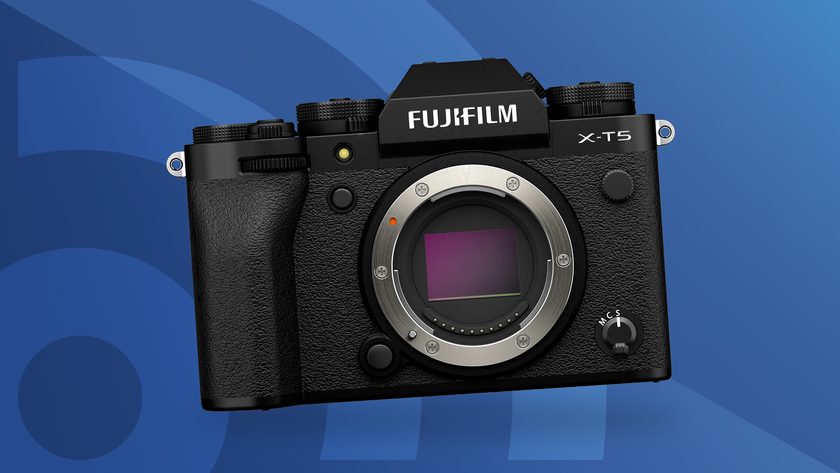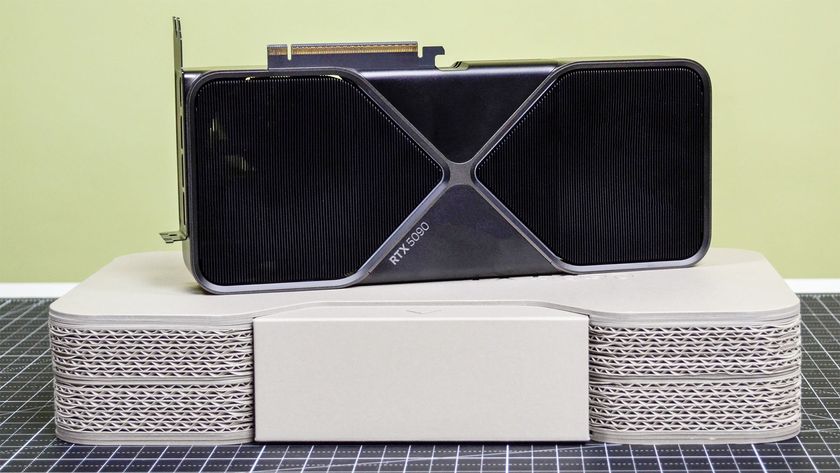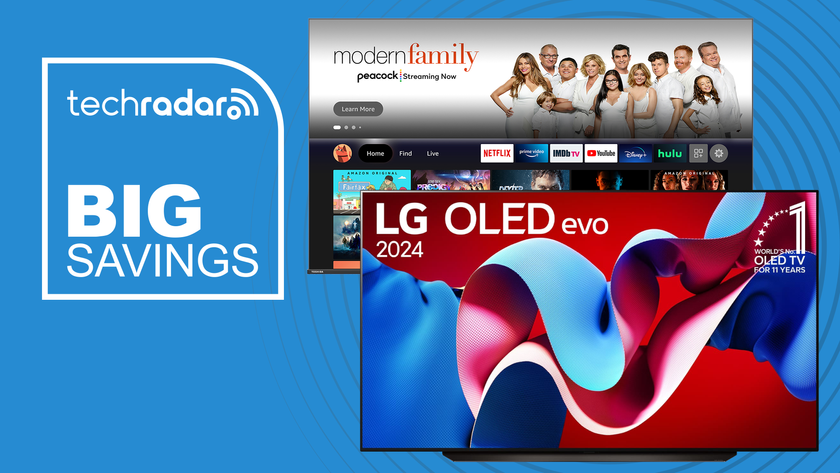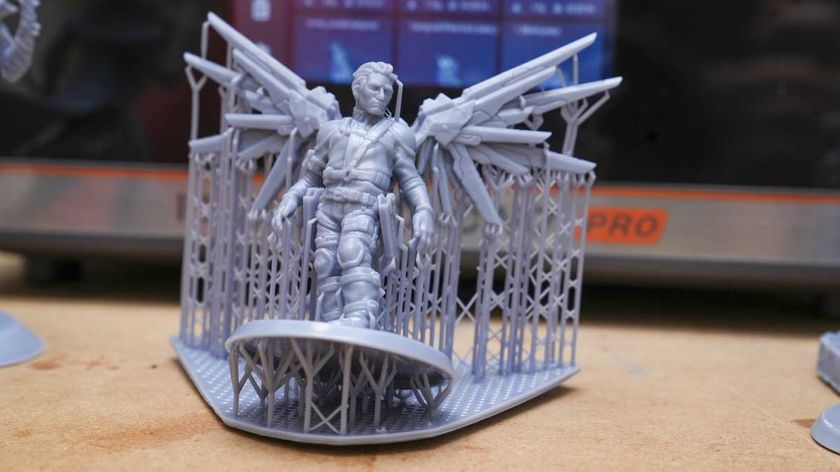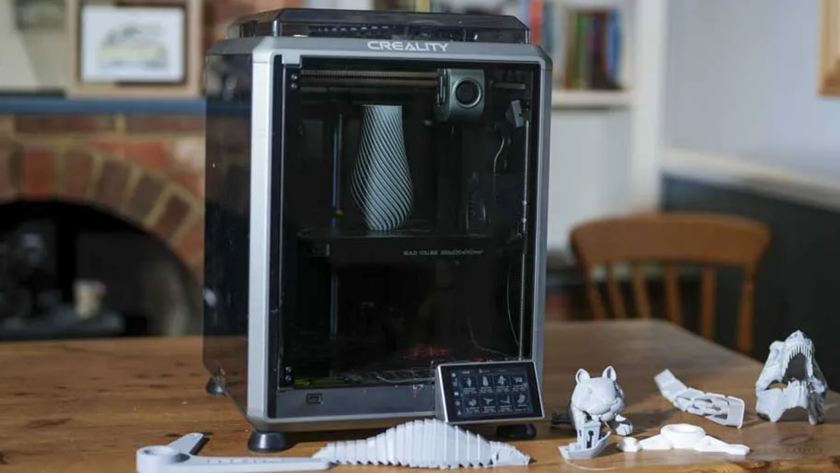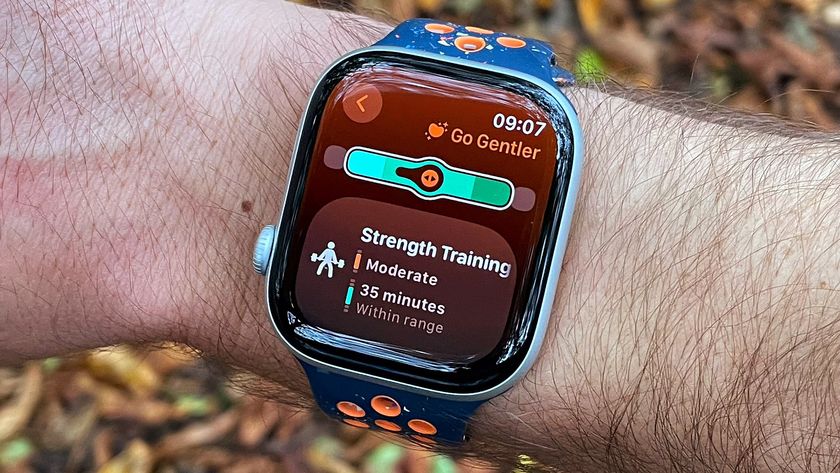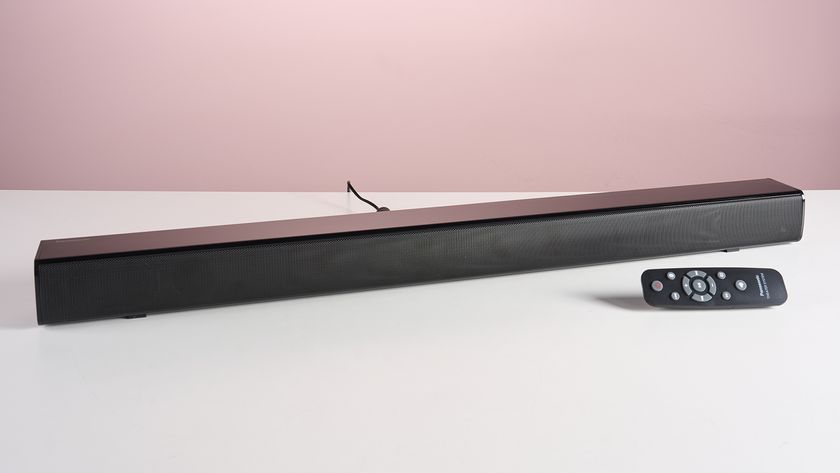The best 1080p graphics card in 2024: our picks for 1080p gaming
Here are our picks for the best 1080p graphics card
While these days, everyone talks about 4K gaming (or indeed 8K is starting to creep into conversations), there are still plenty of gaming PCs out there attached to 1080p monitors. Just look at the Steam hardware survey – over half the PCs on Valve’s gaming platform still use a Full HD screen.
Okay, so some of those will be gaming laptop displays, no doubt, but the point is clear enough – 1080p gaming isn’t going anywhere for now, and there are advantages to sticking with Full HD for your gaming monitor. You may not get super-sharp 1440p or 4K images, but you’ll get higher, smoother frame rates as a trade-off – or indeed the ability to buy a more affordable graphics card to power your PC gaming sessions.
But which GPU is the best pick for 1080p gaming? Well, clearly that depends on your exact needs and budget, so in this roundup, we’ve carefully chosen some of the best candidates in the most common scenarios. There’s our top pick – spoiler alert, it’s from Nvidia – but AMD does well here elsewhere, we should swiftly add.
Whether you need a 1080p workhorse graphics card for gaming, or a total powerhouse to drive really high frame rates, or at the other end of the spectrum, a truly wallet-friendly pick, we’ve got you covered.
The best 1080p graphics cards of 2024
Read on to discover all the best 1080p graphics cards that deliver smooth frame rates without breaking the bank (although our powerhouse pick does push the budget a good deal more, as you might expect). We’ve tested each one thoroughly, so you can be sure that our recommendations can be trusted.
The best 1080p graphics card overall
Why you can trust TechRadar
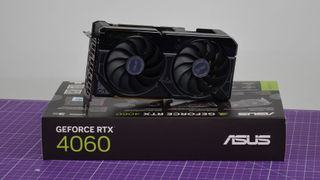
Specifications
Reasons to buy
Reasons to avoid
Our top choice for 1080p gaming is the Nvidia RTX 4060 from the current Lovelace generation of GPUs. This is the lowest-end GeForce card Team Green offers with the RTX 4000 range, but make no mistake – it boasts best-in-class 1080p performance, and does so at a palatable price point. (Indeed, the RTX 4060 can deliver solid 1440p gaming, too, we should note).
The slight sticking point with the RTX 4060 is that it’s not exactly cheap, and has pretty much maintained its MSRP since Nvidia launched the graphics card in mid-2023. That said, you can get it for around 5% less than the recommended price these days for some models – lower still when sales are on – and overall, the RTX 4060 is an affordable GPU for the excellent 1080p gaming performance you’re getting.
As for other possible choices here: what about the RTX 3060? Yes, the 12GB version of the 3060 is a bit cheaper than the 4060, and packs 50% more memory – but we wouldn’t be tempted by this alternative for 1080p usage. The value proposition of the RTX 4060 is just better, offering a respectable performance boost over the 3060, and DLSS 3 support to boot.
There was more of an argument in favor of the RTX 3060 Ti versus the 4060, granted – and that last-gen graphics card used to top our list of 1080p GPUs – but now the 3060 Ti is out of stock everywhere (you could try to pick up one second-hand, perhaps).
On balance, the RTX 4060 is our number one pick for 1080p gamers, and if you want something a bit more affordable, we’d suggest a switch to AMD (see our next entry).
- Read the full Nvidia GeForce RTX 4060 review
The best affordable 1080p graphics card
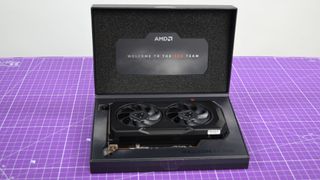
Specifications
Reasons to buy
Reasons to avoid
If your budget won’t stretch to Nvidia’s RTX 4060 – or you just prefer Team Red to Green – then we recommend pouncing on the AMD Radeon RX 7600 as a somewhat more affordable, but still excellent, GPU for 1080p gaming.
You get great Full HD performance levels with AMD’s workhorse RDNA 3 GPU, and pretty much all your gaming needs will be catered for. We say ‘pretty much’ because the caveat is that with the RX 7600, ray tracing (and upscaling) lags considerably behind the RTX 4060 (or indeed the RTX 3060). So, if ray tracing or the DLSS vs FSR battle matter to you, save up for the RTX 4060.
Otherwise, this is a sterling 1080p graphics card that’s currently appreciably cheaper than the RTX 4060, and a good choice for those who want to save a bit of money – plus it makes more sense than the RTX 3060 for overall price-performance ratio (ray tracing prowess excepted).
- Read the full AMD Radeon RX 7600 review
The best 1080p graphics card for high frame rates
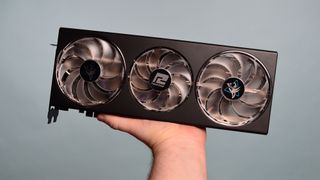
Specifications
Reasons to buy
Reasons to avoid
Power-gamers who are looking at playing at 1080p resolution with a high refresh rate monitor, needing to drive very high frame rates, will obviously require a beefier GPU than the above mid-range picks. But how far do you go up the performance ladder exactly?
It’s a tricky question to answer, but for our money, the best choice right now is the AMD Radeon RX 7900 GRE. This more recent variant of the 7900 family offers nothing short of superb 1080p performance (and it’s a great 1440p performer too, as you might expect).
For out and out performance balanced with value proposition, it’s currently our upper-mid-range champion. What about the RTX 4070 Super? Yes, that rival graphics card does have the edge for ray tracing (and DLSS 3 perks, too), but with the GRE doing a lot better in many rasterized (not using ray-tracing) games, and the Nvidia GPU being 10% to 15% more expensive at the time of writing, AMD wins out for the 1080p power-gamer.
Just be sure you don’t hamstring your RX 7900 GRE with too lightweight a CPU, as the processor bottlenecking your FPS can be a problem at 1080p when pushing high frame rates. Conventional wisdom recommends pairing with an X3D chip for a double serving of AMD, the most obvious candidate being the Ryzen 7800X3D, currently our best gaming CPU. (The 9800X3D may not be too far off, mind).
- Read the full AMD Radeon RX 7900 GRE review
The best budget 1080p graphics card
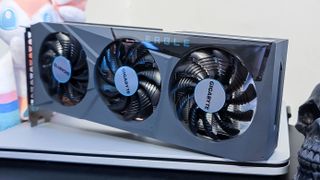
Specifications
Reasons to buy
Reasons to avoid
Those on a more stringent budget are going to have a harder time hunting out something suitable, because as the next generation of graphics cards from AMD and Nvidia comes nearer – both RDNA 4 and Blackwell are not too far off now, in theory – lower-mid-range options seem to be getting scarcer in the GPU market of late.
Right now, we’d advise you pick up the AMD Radeon RX 6600. Yes, this graphics card is a few years old, but it offers the best bang-for-buck in this part of the GPU spectrum – outdoing the RX 6650 XT for value proposition at current pricing, while still driving an impressive 1080p gaming experience. It’s also nicely power-efficient, too, which never hurts (this GPU certainly won’t trouble your electric bill).
- Read the full AMD Radeon RX 6600 review
Alternative best budget 1080p graphics card
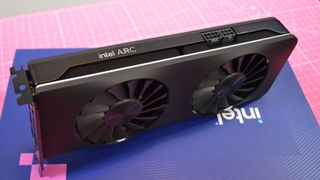
Specifications
Reasons to buy
Reasons to avoid
This is another budget pick, and our way of throwing in a bit of a curveball that some might prefer to AMD’s RX 6600 above. The Intel Arc A750 is about the same price as the RX 6600, but gives you more oomph overall – and it can also make a decent fist of ray tracing at 1080p (which AMD’s budget offering absolutely can’t).
There’s a trade-off, though, as while you can expect better frame rates with more popular titles (and certainly most big-name games) with the Arc A750, Intel’s GPU can be more unpredictable and possibly glitchy outside that space. So, if you like to dive into more obscure indie games, or older titles, then AMD’s RX 6600 is going to be more consistent with its results overall – and a safer, sounder pick in general. The Arc also guzzles much more power than the lean, mean, graphics machine that is the RX 6600.
But, if you can deal with that, and are willing to risk Intel’s support away from high-profile games, this is a good ‘wild (graphics) card’ choice as an alternative to AMD. We’re keen to see what 2nd-gen Battlemage GPUs can do for budget 1080p gaming, that’s for sure.
- Read the full Intel Arc A750 review
The best 1080p graphics card: FAQs
What is the best graphics card for 1080p gaming?
The best 1080p graphics card on the market currently is the Nvidia GeForce RTX 4060. This GPU gives you storming Full HD performance levels at a palatable price point, as well as Team Green’s strengths in terms of DLSS 3 and ray tracing chops.
What is the cheapest GPU that can run 1080p games well?
We recommend you plump for AMD’s RX 6600, which currently offers the best price-to-performance ratio, while still being able to drive 1080p games impressively fast. You could also consider the Intel Arc A750, which is faster in some respects for about the same cash – and gives you decent enough ray tracing as a bonus – but is a more unpredictable choice over a wider swathe of PC games when it comes to the chances of running into glitches.
Is 1080p resolution still okay for gaming?
Of course, 1080p resolution may not give you the sharpness of 1440p, but it’s still a sound choice (and remains the resolution that the majority of PC gamers are still using, in fact).
The bonus for sticking with Full HD resolution is that it means you can buy a more affordable GPU and still get high frame rates (extremely fast performance in older games, of course, at 1080p with a modern graphics card).
Another advantage of gaming at 1080p is that 8GB of VRAM is a more robust loadout at this level compared to higher resolutions. You can’t have missed the controversy over ’8GB not being enough’ but at 1080p, it is, at least with the vast majority of games (for now).
Some gamers choose 1080p over 1440p because they’d rather have a smoother gaming experience – particularly with competitive games – as opposed to more visual bells and whistles.
Do bear in mind, though, that if you are gunning for high frame rates and getting a beefier GPU to push FPS really, really high at 1080p, you need to pair the graphics card with a fast enough gaming CPU, so the processor doesn’t bottleneck your performance. A good choice for those looking to go seriously high with frame rates at 1080p is the AMD Ryzen 7800X3D processor.
How we test the best 1080p graphics cards
In our graphics card reviews, we maintain a consistent testing process. This includes evaluating their performance through a set of 8-10 games, tested across various resolutions and with the latest drivers.
Moreover, each time a new card is released, we retest all current-generation cards with the same hardware - identical processors, memory speeds, motherboards, and SSDs. This standardization is key to accurately measuring each card's performance and providing reliable comparisons with its rivals.
Our comprehensive reviews also detail each card's power consumption and temperature when under load. Additionally, we assess the features of each graphics card, though these features generally show little variation from one generation to the next.
Today's best 1080p graphics card deals
Get daily insight, inspiration and deals in your inbox
Sign up for breaking news, reviews, opinion, top tech deals, and more.
Darren is a freelancer writing news and features for TechRadar (and occasionally T3) across a broad range of computing topics including CPUs, GPUs, various other hardware, VPNs, antivirus and more. He has written about tech for the best part of three decades, and writes books in his spare time (his debut novel - 'I Know What You Did Last Supper' - was published by Hachette UK in 2013).
